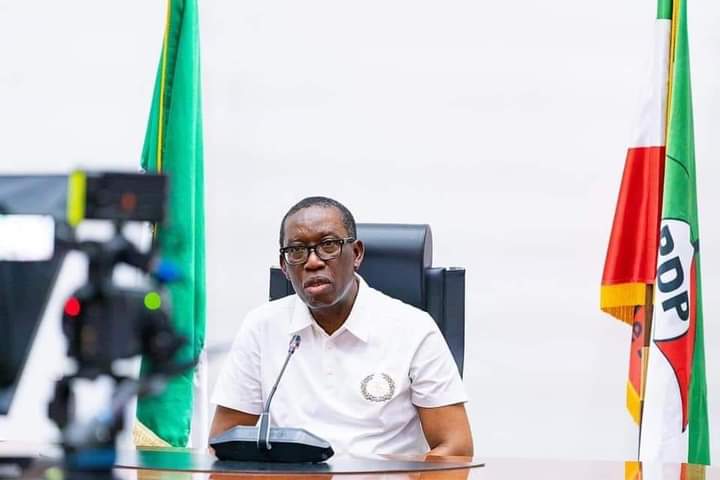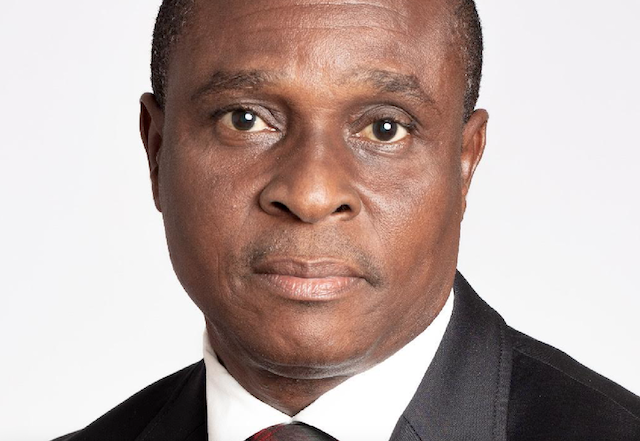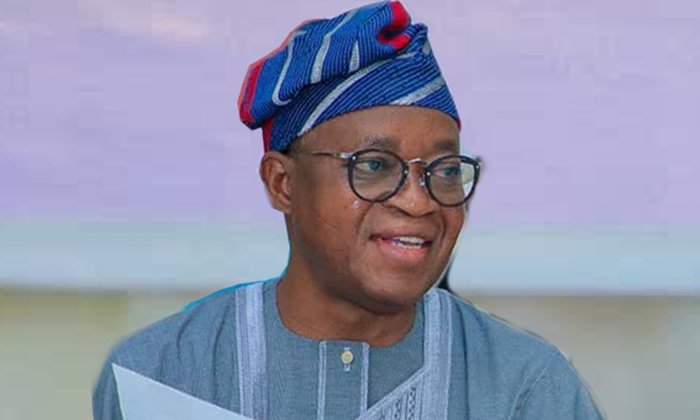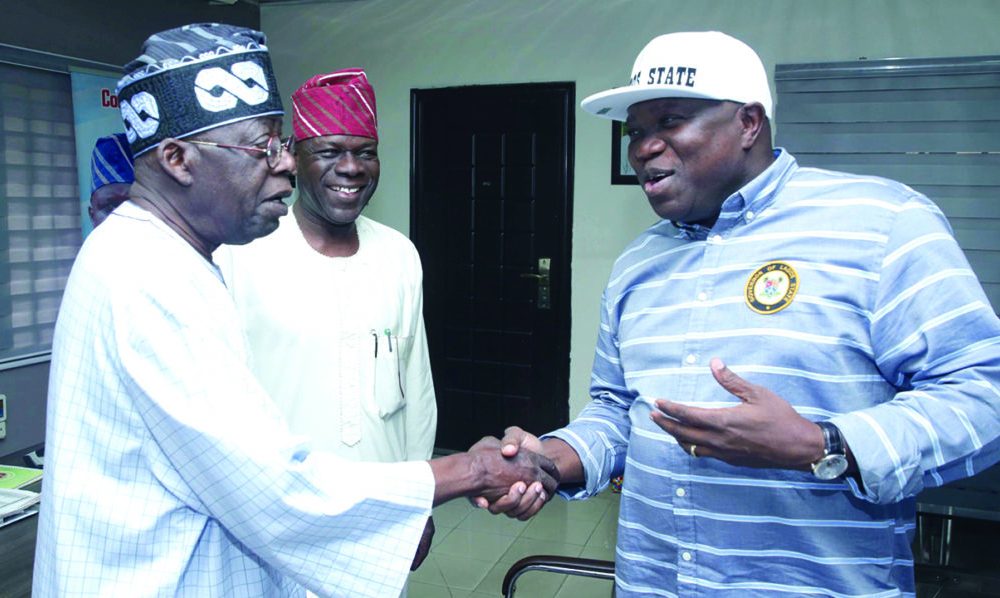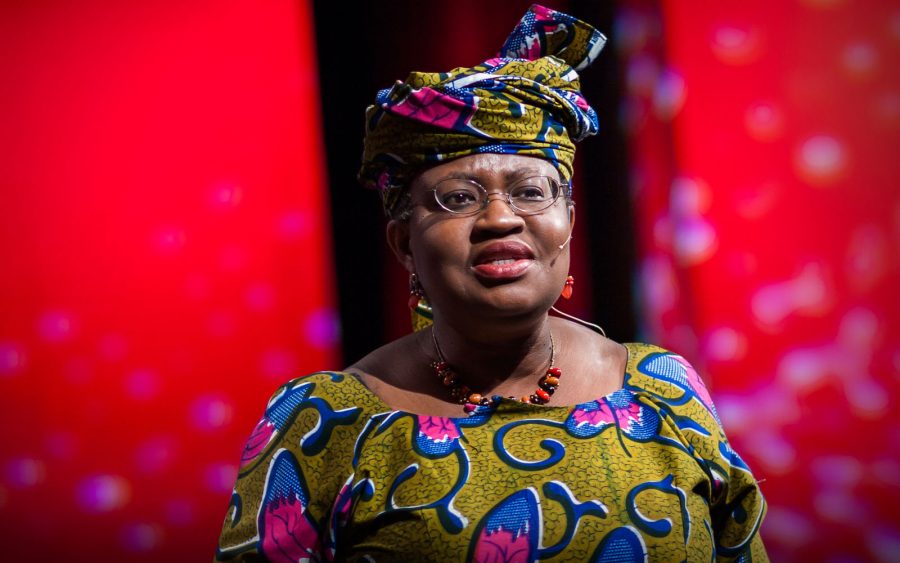Many pensioners have urged the Federal Government and their Pension Fund Administratird (PFA) to pay them their annuity and pension entitlements whike they are still alive.
The pensioners in an interview with NAN in Abuja on Sunday, said they need their money to take care of their feeding, medicals and other bills.
The pensioners who lamented over their sufferings, also urged the federal government to increase their monthly pension in line witj the present economiv reality.
Mr Ekpemyong Francis, who retired from the Federal Ministry of Information and Culture in May 2023 said he was yet to receive his retirements till date.
“We are still waiting for the Federal Government to release the accrued rights to my PFA to calculate my pension.
“My family and I are hungry. I can’t pay my children’s school fees. My landlord is on my neck and to top it all, I can’t access the National Health Insurance Scheme (NHIS) anymore.
“If you look into my eyes, you will know that I need urgent medical attention. We the pensioners in this country are suffering,” he said.
Mrs Joy Izor, who retired with her husband from the Ministry of Defence in 2016, said she had been struggling with life.
“My PFA is IBTC. The agency worked my monthly pension to be N20,000 per month, but l went to annuity that offered me N25, 000,00 monthly, since then no additional kobo has been added to me.
“We have been struggling to feed with this stipend. l am suffering, my husband is suffering too. What is our offence? We served our nation for 35 years.
“After retirement I opened a shop to sell soft drinks, but government demolished the shop. Now this amount cannot even feed my family and I, talk less of our medical bills and other things.
“Some of us couldn’t cope with this hardship. Even my neighbour that retired two years ago died two months ago. People look down on us because we are retirees,” she said.
Izor said that when her shop was demolished, she ran to the company that she was selling their products for help, in terms of getting the product on credit to sell and repay, but her appeal was turn down.
“Even my bank refused to grant me loan to continue the business because l am a retiree. No friend again, only God is sustaining me and my family now.
“I am now appealing to this present government to help us pay all our rights now that we are alive.
“I pray that all our colleagues that have fallen that God will accept their souls. For those of us still alive, I also pray God will help us to reap the fruit of our labour,” she said.
Mrs Grace Yussuf, retired as a Deputy Editor-In-Chief in NAN, said that nothing had been paid to her since she retired in May 2023, while her health insurance had been stopped.
“In fact, since March 2023, nothing has been paid. This is because government has not paid our accrued rights. My NHIS that was stopped immediately after my retirement has been a huge challenge, I spend a lot on lab tests and drugs instead of just ten per cent.
“In fact, it is difficult to register for the private NHIS programme with 45k. They are even telling me I have issues with my payment that it has not dropped for the past three months that I registered. So no access to cheap medicals,” Yussuf said
Mrs Nkiru Osisioma who retired in October 2019 as a deputy director in Federal Ministry of Education Abuja, said her entitlements were paid in January 2021.
Osisioma said though the payment hax been regular, there was need to increase it.
“Since then, I have been receiving my monthly pension from First Guarantee Pensions but now its Access Pensions.
“I usually receive N67,000 until last two years I got pension enhancement from my PFA N71,000. They are regular in their payment but no increment since then.
Mrs Christiana Ubah said that she retired in 2015 from the Federal Ministry of Budget and National Plannin, said she had not been paid for the past six months by African Alliance.
Ubah urged the Federal Government to come to their aid, saying: “today I can’t feed myself, see how my face is, its hunger.
“Among us here are people that retired since march 2023 and have not been paid a kobo. Look at how harsh the economy is because of our leaders.
“We don’t have anything to live on now, every year they will tell us in the media that pension fund asset has increased, why are pensioners not paid?
“We have a constitution in the country that every five years salaries will increase and pension will increase too,” she said.
Ubah said that the CPS was an improvement from the Define Benefit Scheme (DBS), and they were better than the CPS.
A legal practitioner, Mr Emmanuel Ikenna, said that pension was important to the nation’s development and should be properly managed.
Ikenna, who advised that pension should not be scrapped, said that the Pension Reform Act which serves as the rules and regulations for the PFA, RSA and regulators should be reviewed at intervals.
He said that pension makes provision for a retired person who had worked for so many years and need to relax and be taken care of.
“Pension is a regular payment made by the state to people of or above the official retirement age and can also be withdrawn in some special circumstances,” he said.
Mrs Ejiro Osas, a civil servant, said that pension scheme was a good one but after retirement the PFA should ask RSA holders what they want.
“Some people may want to collect all their money to invest or do something else, PFA should not stress the RSA holder.”
However, an official with the National Pension Commission (PenCom) said there were certain misconception about the withdrawal of lump sum from a retiree’s RSA balance.
The official explained that retirees were allowed to withdraw a portion of their pension savings as a lump sum upon retirement.
“There is a misconception that lump sum is fixed at 25 per cent of a retiree’s RSA balance. This is far from the reality.
“In line with the provisions of the Pension Reform Act 2014 (PRA 2014), PenCom issued a Revised Regulation on the Administration of Retirement and Terminal Benefits.
“The regulation established a Standard Retirement Benefit Computation (SRBC) template.
“This is an automated template developed by PenCom for PFAs to calculate retirement benefits such as lump sum and monthly/quarterly pension, using age, gender, final salary, and the RSA balance.
“The amount of pension savings a retiree can withdraw as lump sum and monthly pension are based on the template.
“Significantly, since lump sum is not fixed, the retiree has a right to negotiate and choose to collect either the maximum lump sum due to him/her or take a minimum lump sum to boost his monthly or quarterly pension,” the official said.
The official said that under the CPS framework, retirees must maintain a balance in their RSAs sufficient to secure monthly pensions equivalent to 50 per cent of their last salary.
“The remaining funds can be withdrawn as a lump sum, offering flexibility while ensuring long-term financial security during retirement,” the official said.
The official said that the template permits an RSA holder to withdraw a lump sum ranging from a minimum of 25 per cent to a maximum of 50 per cent of the RSA balance.
The official also added that however, the monthly pension must first be calculated to meet the 50 per cent replacement ratio of the retiree’s last salary.
“If a retiree’s RSA balance is insufficient to provide a 50 per cent replacement ratio of their final pay as a monthly pension, PenCom’sregulation allows the RSA holder to withdraw the minimum permitted lump sum of 25 per cent of their RSA balance.
“However, it should be noted that pension and lump sum withdrawals have an inverse relationship.
“The higher the lump sum, the lower the pension, and vice versa,’’ the official said.
The official said that they the key principle of pension management was balancing immediate lump sums with the long-term sustainability of monthly payments
The source said that allowing RSA holders to withdraw all their pension savings at retirement would defeat the primary objectives of the CPS of ensuring that workers receive retirement benefits as and when due to cater for their livelihood during old age.
“The primary objective of the pension reform in Nigeria is to protect retires from destitution in their golden years.
“An RSA is not a provident fund that can be withdrawn 100 per cent and leave the retiree with no periodic pensions, which is contrary to the requirement of Section 173 of the 1999 Constitution,” the official said.
The official explained that withdrawing 100 per cent pension savings at retirement, would deplete the RSA, contrary to the provision of Section 173 of the 1999 Constitution (as amended), which guarantees the right to pensions for all public officers.
“This is because payment of all or most of pension savings at retirement translates to zero pension for retirees and this will cause undue hardship and destitution for retirees.
“The PRA 2014 allows employers to establish Additional Benefits Schemes (ABS), through which they can provide enhanced retirement benefits, including gratuity payments to their employees.
“This means that employers have the flexibility to offer additional severance benefits beyond the mandatory retirement benefits stipulated by the CPS, depending on the terms of employment, affordability, and collective bargaining.’’
The official also noted that the attention of PenCom had been drawn to non-payment to annuitants under the African Alliance Insurance Company, which was being regulated by the National Insurance Commission (NAICOM).
The source said that PenCom was working with NAICOM to ensure African Alliance paid all outstanding annuitants to the affected retirees.
“To prevent future occurrence, PenCom has enforced a regulatory requirement for all pension funds under annuity to be domiciled with Pension Fund Custodians (PFCs).
“It is important to clarify that no PFA has stopped paying retirement and terminal benefits,”
At the point of retirement, the pensioners would pick either programmed withdrawal or annuity. Programmed withdrawal is usually managed by PFAs and annuity is managed by insurance companies.
Programmed Withdrawal is a retirement plan offered by Pension Fund Administrators for monthly/quarterly payments to a retiree for a lifetime.
And annuity is a retirement plan purchased from an approved life insurance company that provides monthly or quarterly income to the retiree during his/her lifetime.



